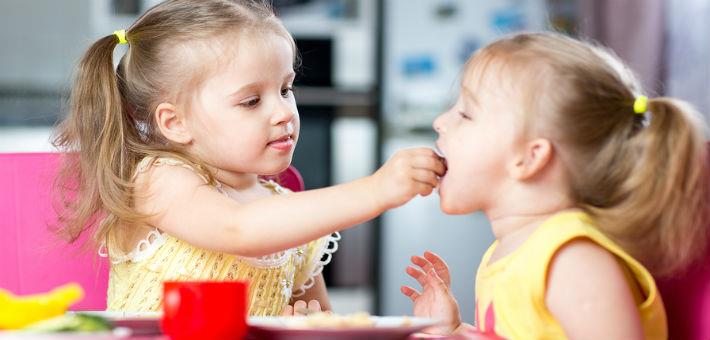
Prosocial Children Have More Success Later in Life
Are prosocial skills in kindergarten related to success later in life? A study in the American Journal of Public Health shows this is indeed the case. Children who are helpful, cooperative, and sensitive to the feelings of others in kindergarten, are more likely to graduate from college and have a full-time job as a young adult. Furthermore, those who are socially competent as a young child are less likely to use substances or be involved with the police later in life.
Take aways
- Prosocial skills in kindergarten are positively related to different behavioral outcomes later in life, such as education, employment, criminal justice, and substance use.
- Young children who are helpful, emphatic and who share in kindergarten are more likely to graduate college and have a full-time job, and less likely to use substances and be involved with the police as a young adult.
- For parents and educators it’s important to know that aside from advancing cognitive skills, developing prosocial skills can also be of great importance for success later in life.
Study information
The question?
Are social skills in kindergarten related to success later in life?
Who?
753 young adults aged 19-25 (58% were boys; 50% were white, 46% were African American and 4% had other ethnical backgrounds)
Where?
United States
How?
The researchers used data from the longitudinal Fast Track Project, an intervention program to reduce aggression in children. The initial data that was collected in 1991 (when respondents were in kindergarten) was used, just as the data that was collected 19 years later, when those same children turned into young adults (age 19-25).
Prosocial skills in kindergarten were assessed by the teachers. They evaluated the children based on factors such as whether they shared things with others, and to what extent they were helpful, cooperative, and emphatic. These results were compared with outcomes later in life, such as education, employment, criminal justice, and substance use.
When analyzing the data, the researchers also took differences in family demographics (socioeconomic status), family risk status, neighborhood quality, behavioral traits and early academic ability into account.
Facts and findings
- Prosocial skills in kindergarten were positively related to different behavioral outcomes later in life, such as education, employment, criminal justice, and substance use.
- Young adults with good social skills in kindergarten -thus those who shared, were helpful, cooperative, and emphatic- were:
- more likely to obtain a college degree;
- more likely to have a full-time job;
- more likely to have a stable employment;
- less likely to have been arrested or appear in court;
- less likely to have a high rate of binge drinking or marijuana use;
- less likely to receive public assistance;
- and less likely to live or be on a waiting list for public housing as a young adult.
- Critical note: To measure children’s prosocial skills, this study relied on scores given by kindergarten teachers. Although the teachers were daily observers in the classroom, the scores remain subjective and indicative.